Google IO 2017: all the news from Google's big developer conference
Google goes all in on AI and iPhone

Sign up for breaking news, reviews, opinion, top tech deals, and more.
You are now subscribed
Your newsletter sign-up was successful
Google IO 2017 is now in the rear-view mirror, but we'll be hearing about everything Google announced this week for many months to come.
Whether it's the public release of Android O later this summer, HTC and Lenovo's standalone VR headsets powered by the Daydream platform, Google Lens or Android Go, Google IO only served to set the stage for even more exciting announcements down the road.
Read on for all the big news and features from this year's show, and remember, we're only a few weeks away from Apple's WWDC 2017 conference!
Short on time? Catch up with the five most important Google IO announcements in our quick keynote round up.
Got a little more time? Then check out the 38 most important things from Google IO, ranked in order of importance.
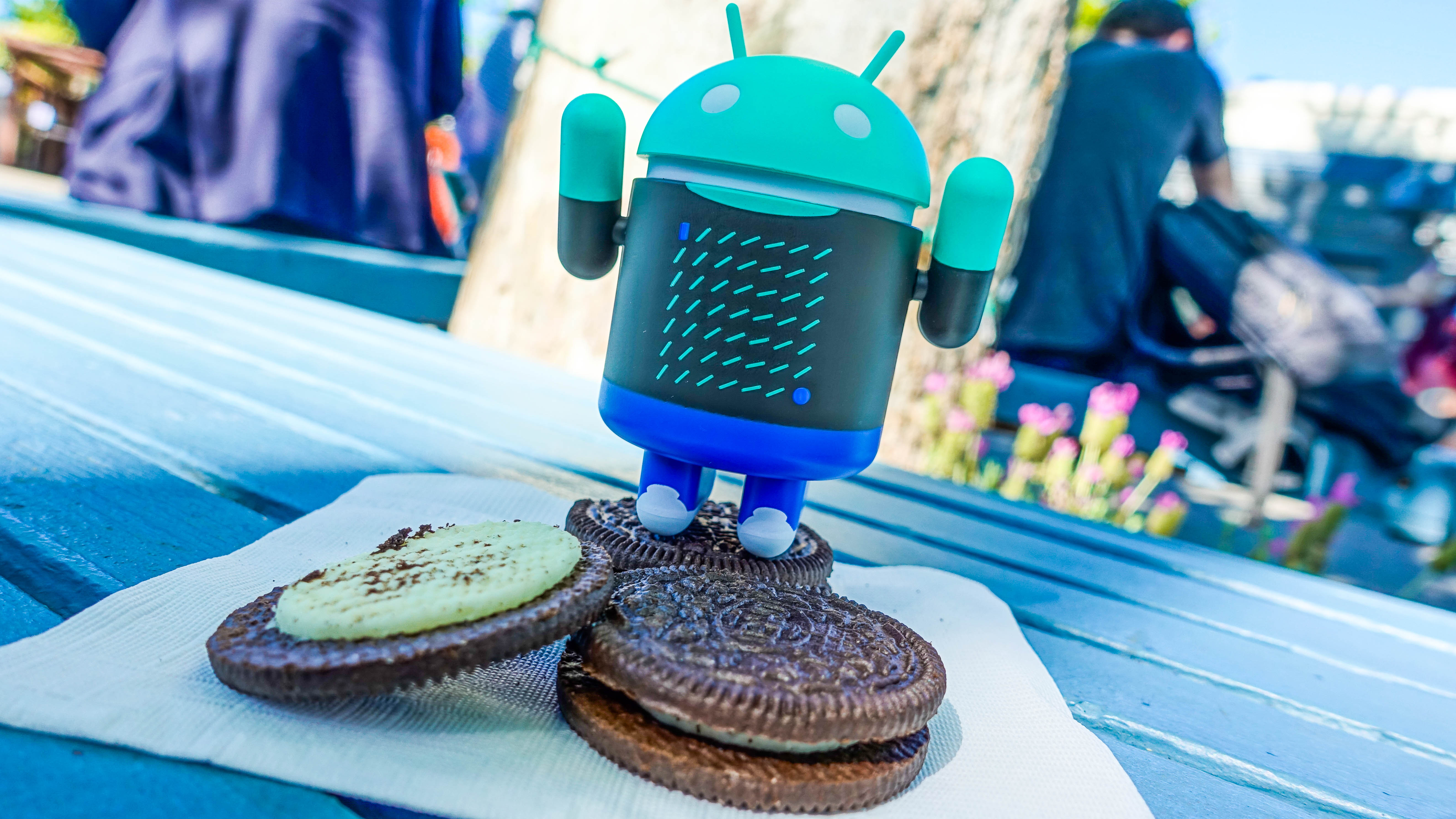
Google goes for the car: Android in the car is Google's latest initiative to connect users as they drive. Unlike Android Auto, which is an app that powers connected experiences through a tethered phone, this is straight Android wired into a vehicle.
Connecting everything from the audio to AC and tapping into Google Assistant for voice-only queries, Google is first partnering with Audi and Volvo to bring its new vision for connected driving to the road. Look for the first Android in the car vehicles to come to lots in two years' time.
Sign up for breaking news, reviews, opinion, top tech deals, and more.
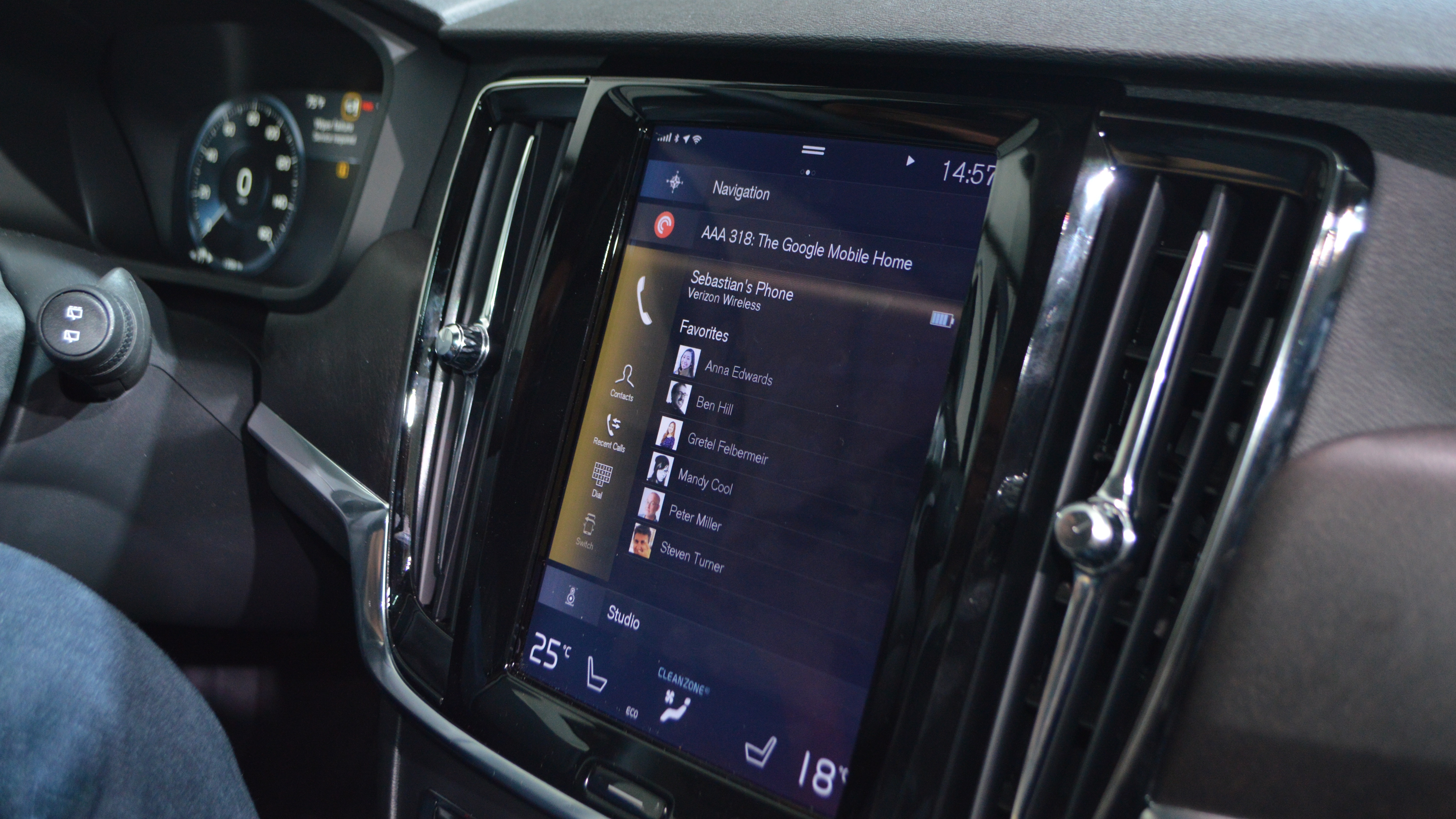
Android Oreo, oh?: We saw plenty of clues as to Android O's mystery name this week. Spoiler: it looks almost certain to be Android Oreo, and here are eight sure signs why.
Daydream believer: We were introduced to the next generation of Google's Daydream VR platform. Called Euphrates, Daydream 2.0 is built with standalone VR in mind. It's filled with new features, like an updated Daydream Home, to push Google's vision for VR even further.
A new beginning for Android TV?: The Android TV homescreen has a brand-new look courtesy of Android O, and yes, it's a significant change over the current homescreen. Different doesn't necessarily mean better, however, and some users may find it too confusing.
Don't sleep on Project Treble: This is the biggest Android update you've never heard of, and one we're really excited about.
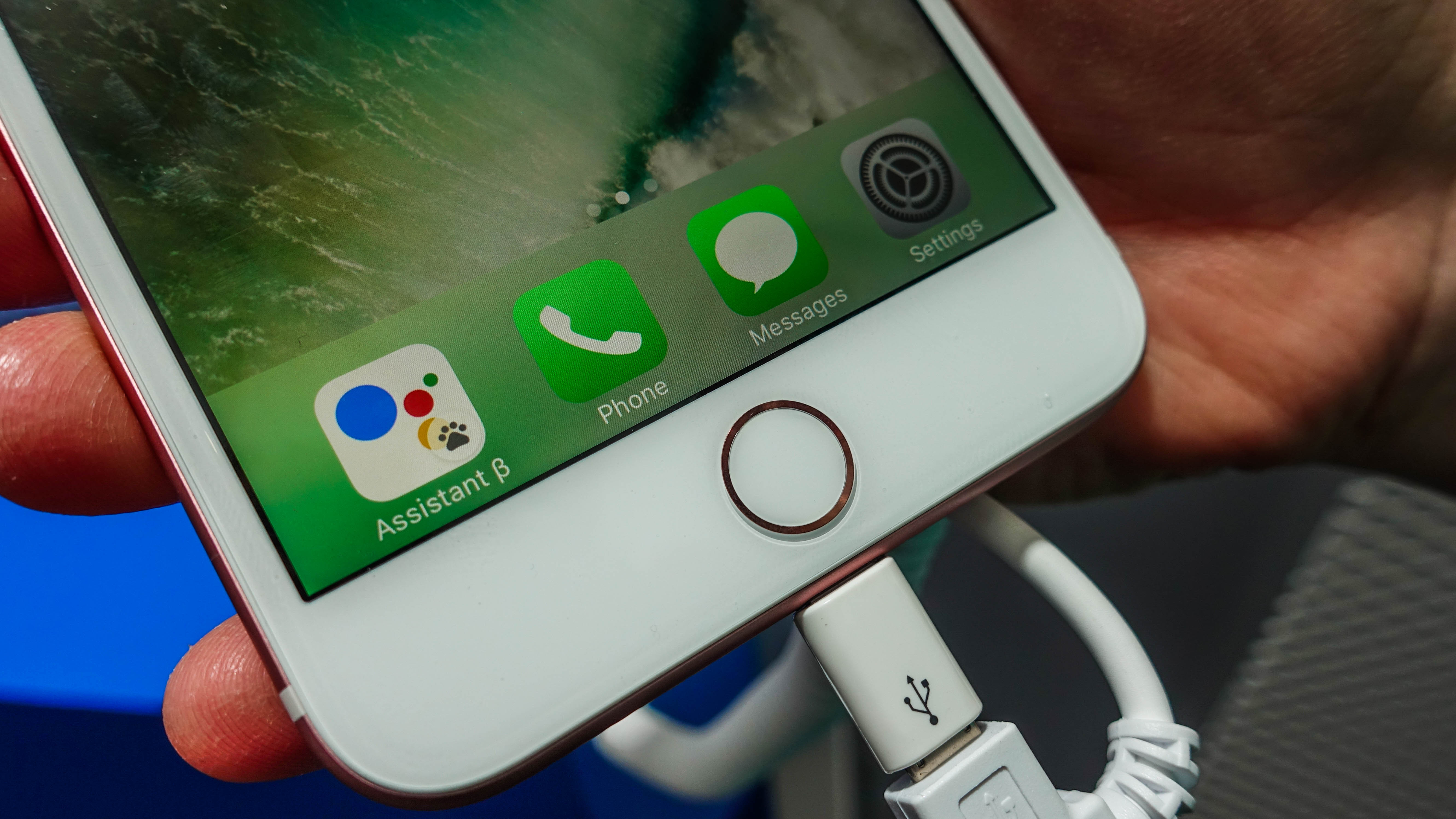
Making the move to iPhone: The biggest piece of news from the show may come as a surprise (though not if you were paying attention before the show): Google Assistant is coming to iPhone.
Siri better watch out as the Google Assistant app on iOS is out now. It works much the same as Google Assistant on Android, just as a standalone application.
However, Google isn't set only on elbowing into iPhone, with aims to bring Google Assistant to various home appliances as well as vehicles. Plus, you can also soon send payments using Google Assistant. All you need to do is utter the command and have a debit card linked to your Google account.
Finally, because we had to go there, we asked Siri what to open Google Assistant. Things got awkward.

Just as big: Google has announced its Daydream VR platform is coming to standalone headsets, no cable, PC or phone required.
The first partners are HTC and Lenovo, and they'll build a headset based on a Google reference design built in partnership with Qualcomm. More partners are due down the road, too.
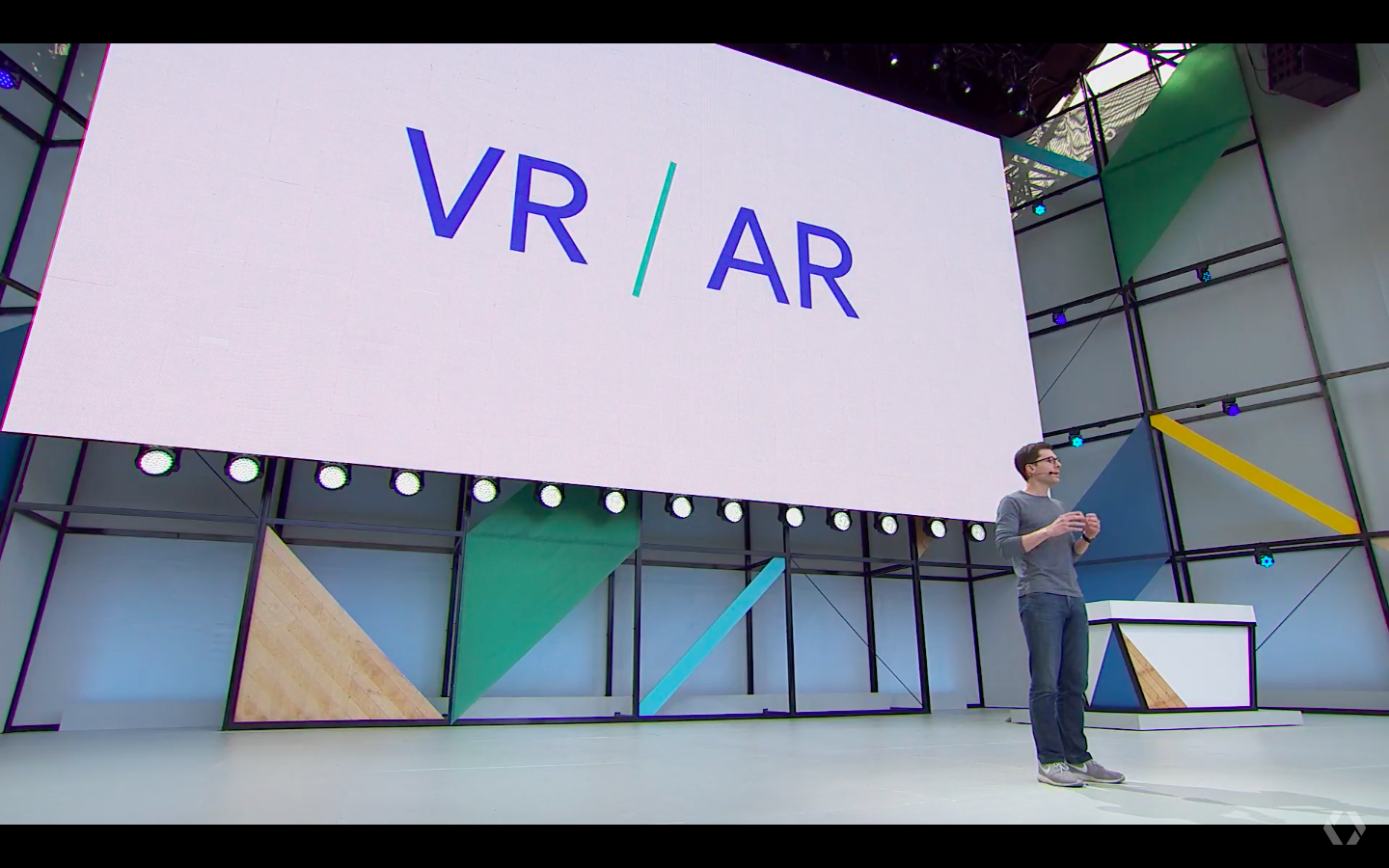
This is a big step forward for virtual reality as everything is contained in the headset. Latency is reduced, and you can take your VR headset wherever you go.
The Daydream VR standalone VR headsets from HTC and Lenovo will be available later this year.
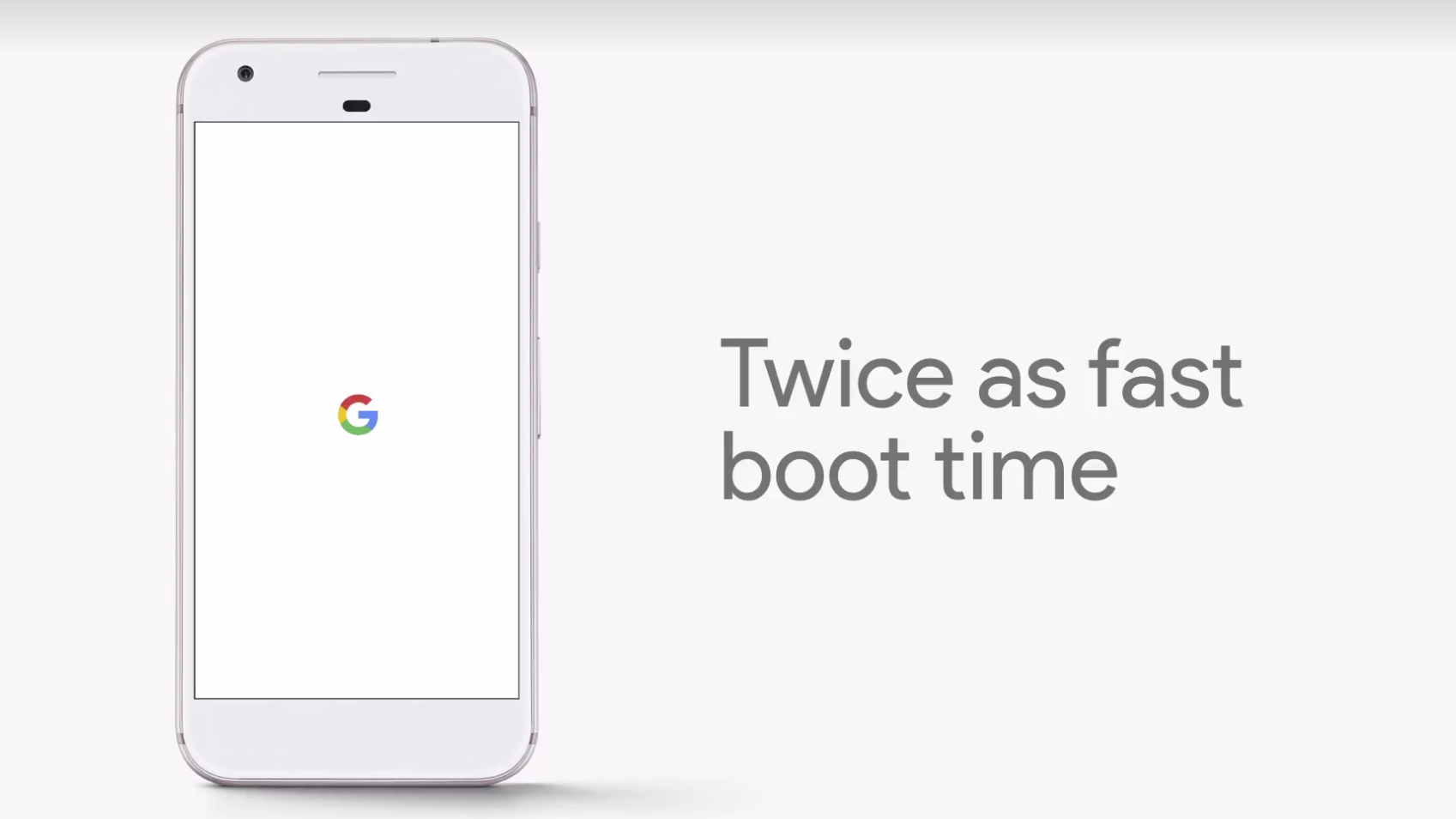
The next Android: We've gotten a rundown of Android O features, namely Fluid Experiences and Vitals. The point with these is to make using Android smoother, save your device's battery life and give you doubly faster boot time, among other decent improvements like picture-in-picture and smart copying.
Android O won't be a radical change over Android Nougat, but there are improvements to be had. Check out all of them in our Android O hub page. And no, we still don't know what it will be called. Oreo? Oatmeal?
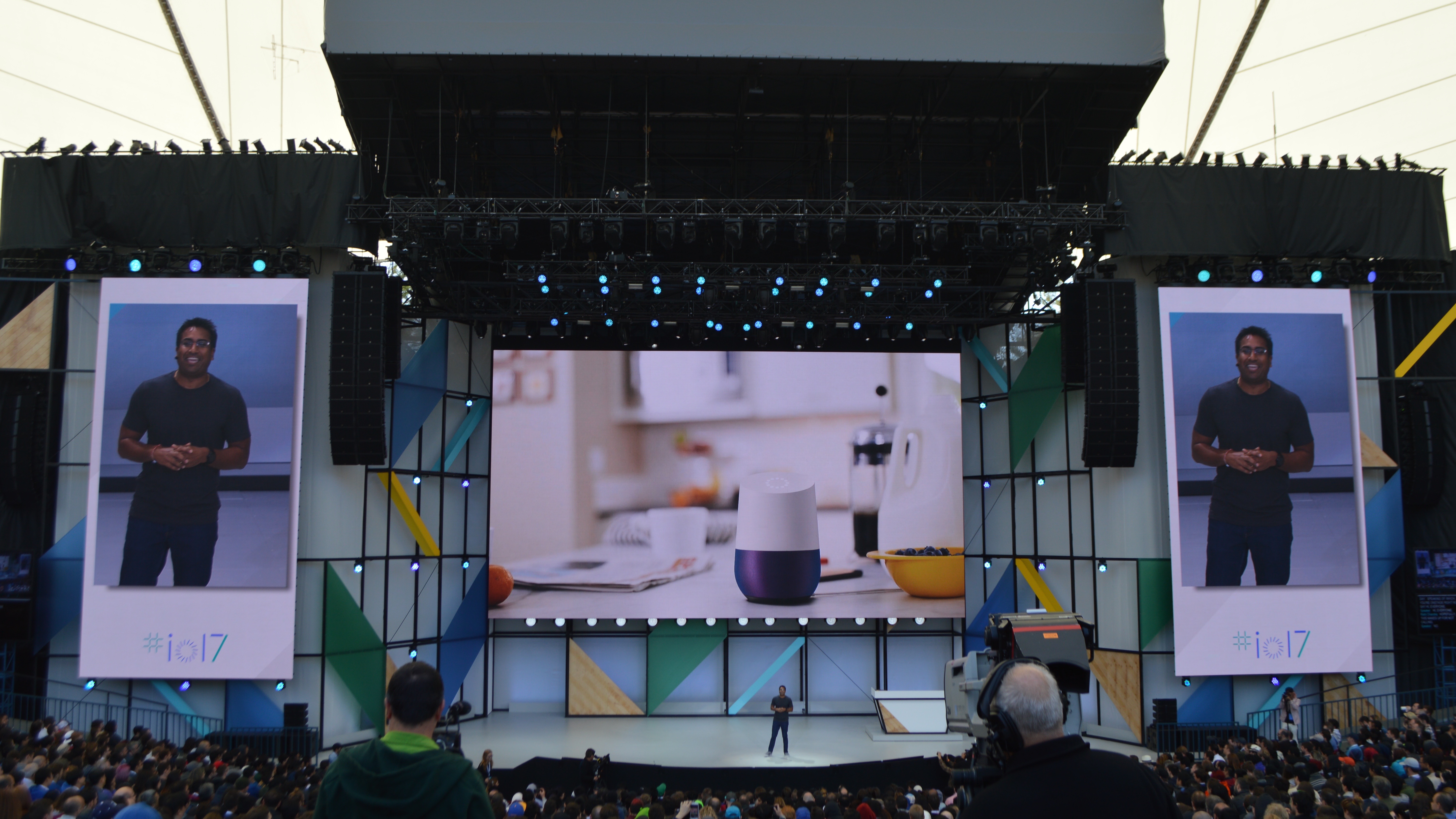
Google does some Home improvement: Google also announced four new features coming to Google Home. Proactive assistance, hands-free voice calling, Bluetooth support and visual responses through Chromecast or Android TV are coming soon.
These are sizeable gains for Google Home, but definitely feel like catch up to Amazon Echo.
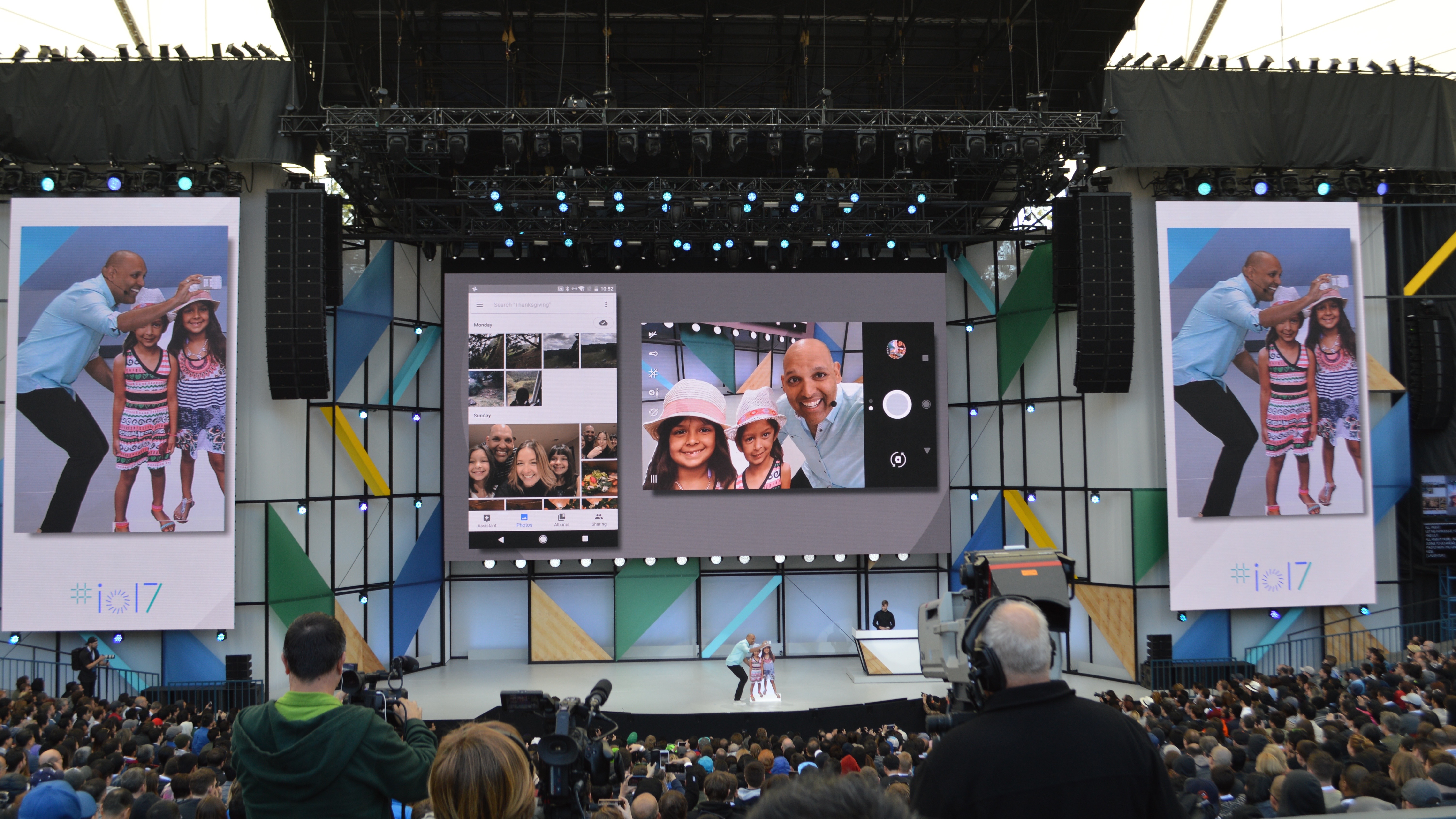
Google Photos gets lots of love: A few new features were detailed for Google Photos during the show: suggested sharing (Google tells you who might want your photos shared with them), shared libraries and Photo Books, wherein Google will print a physical coffee book of your photos, sent right to you. Neat!
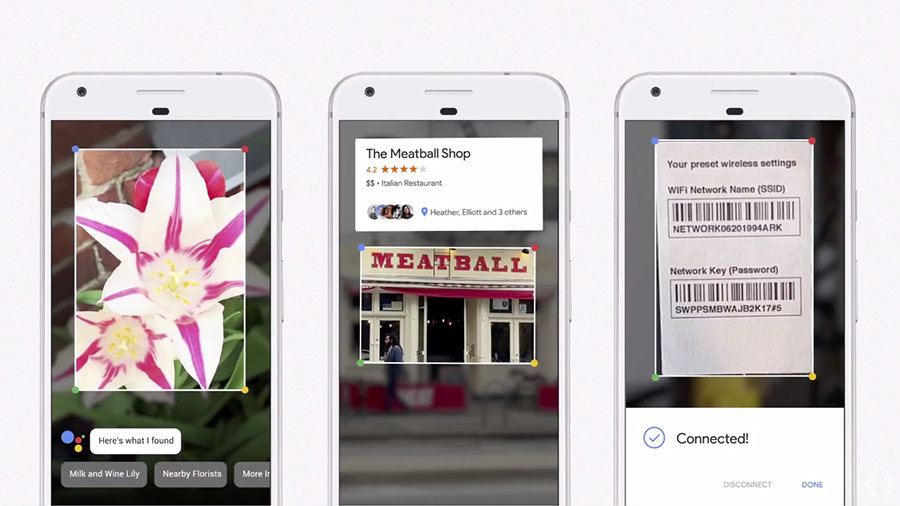
A Lens for the future: Google also announced new tech called Google Lens, which is computer-vision photo tech that can recognize what you're looking at and take actions based on what it sees. That could mean removing a fence in the way of your daughter at bat during a baseball game, or identifying a flower you took a photo of. It's computer vision, come to your photos.
An impressive feature of Google Lens is the ability to parse text out of a photo. So if you take a photo of a Wi-FI SSID and password, Google Lens can take that information and log you into a network.
Google Lens can also translate text; if you point your phone at a menu in Japanese and ask, 'What is that?', it a) will recognize what you're trying to translate and b) translate the text for you. Google Lens will be available later this year.
Save time with Smart Reply in Gmail on Android and iOS https://t.co/2dTCGHe55k pic.twitter.com/chGR0vQdubMay 17, 2017
Some big news for Gmail users: Google is rolling out smart replies to iOS and Android. These AI-suggested replies should make emailing (even more of) a breeze.
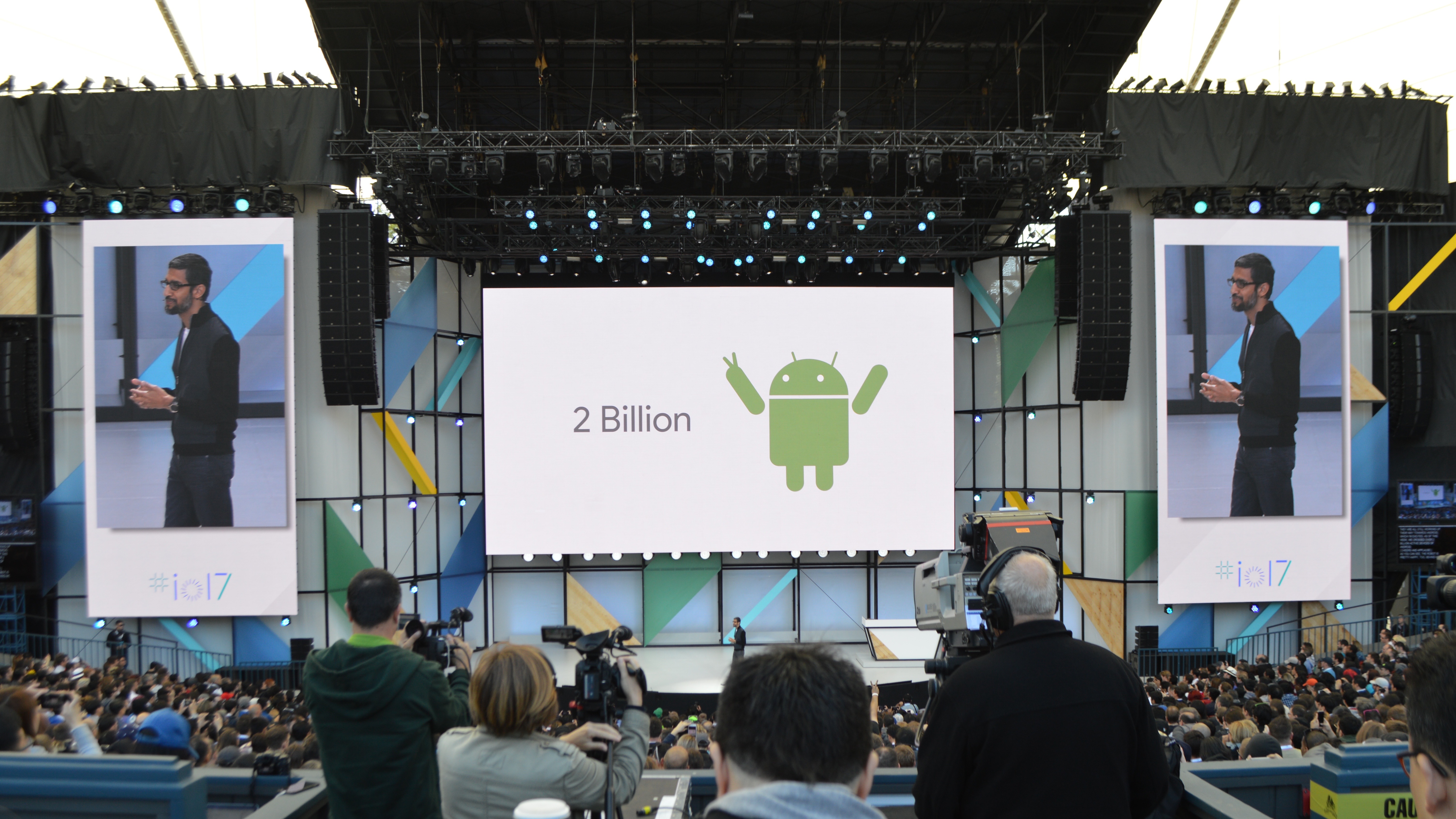
Finally, Google announced Android Go, a version of Android that's less demanding and intended for budget phones beginning in 2018.
Android Go will allow smartphones with anywhere between 512MB to 1GB of RAM use the latest Android software. It's similar to Google's Android One initiative, which also aimed to put a less taxing Android on budget devices.
While we didn't see any more new hardware from Google at its 2017 IO event, we did get a good sense of where Google's headed in the next year: even deeper into our lives than ever before.
Turn to Page 2 for pre-Google IO 2017 news and predictions!
- 1
- 2
Current page: All the news from Google IO 2017
Next Page All the news and rumors before Google IO 2017
Michelle was previously a news editor at TechRadar, leading consumer tech news and reviews. Michelle is now a Content Strategist at Facebook. A versatile, highly effective content writer and skilled editor with a keen eye for detail, Michelle is a collaborative problem solver and covered everything from smartwatches and microprocessors to VR and self-driving cars.